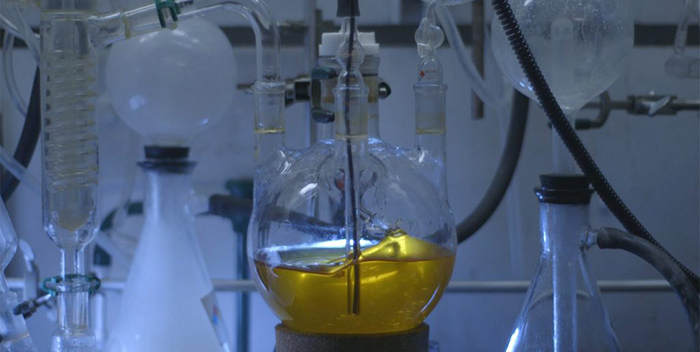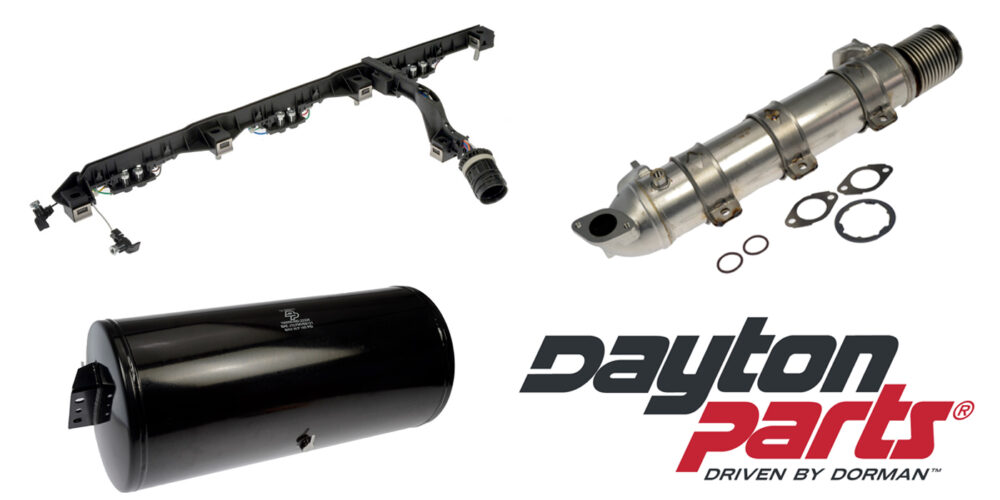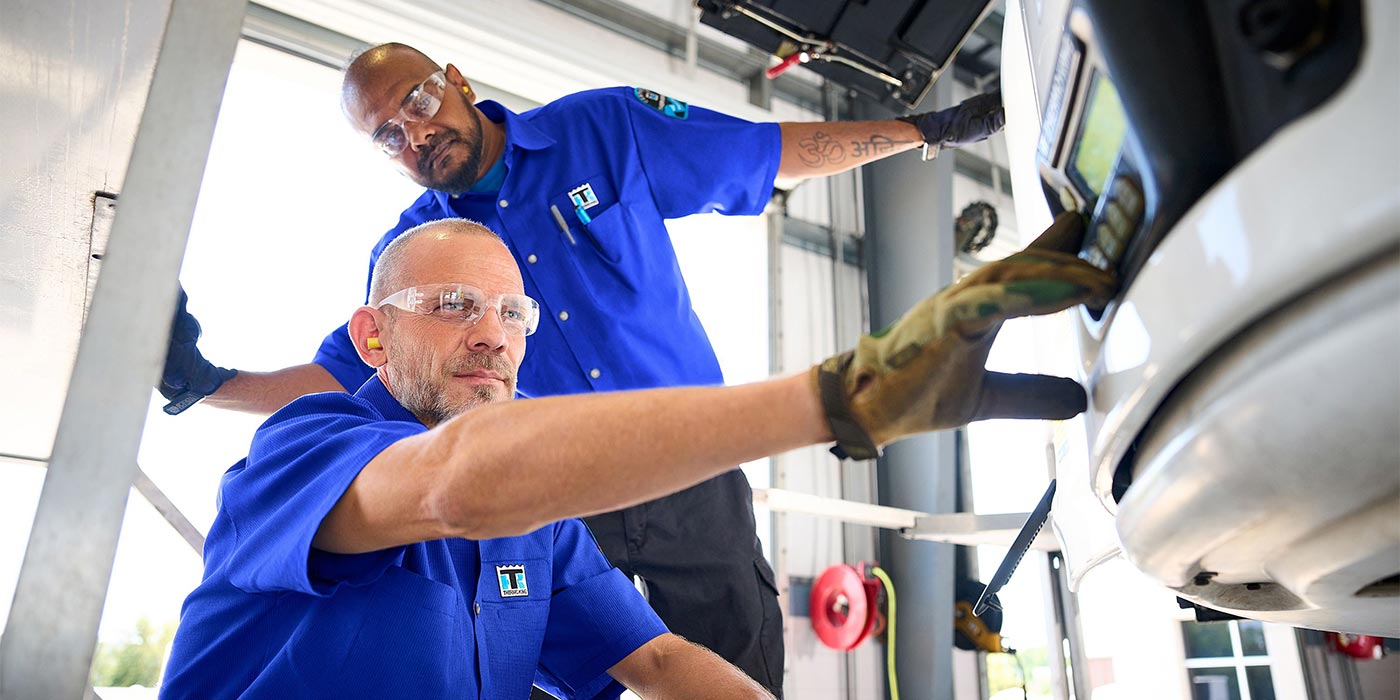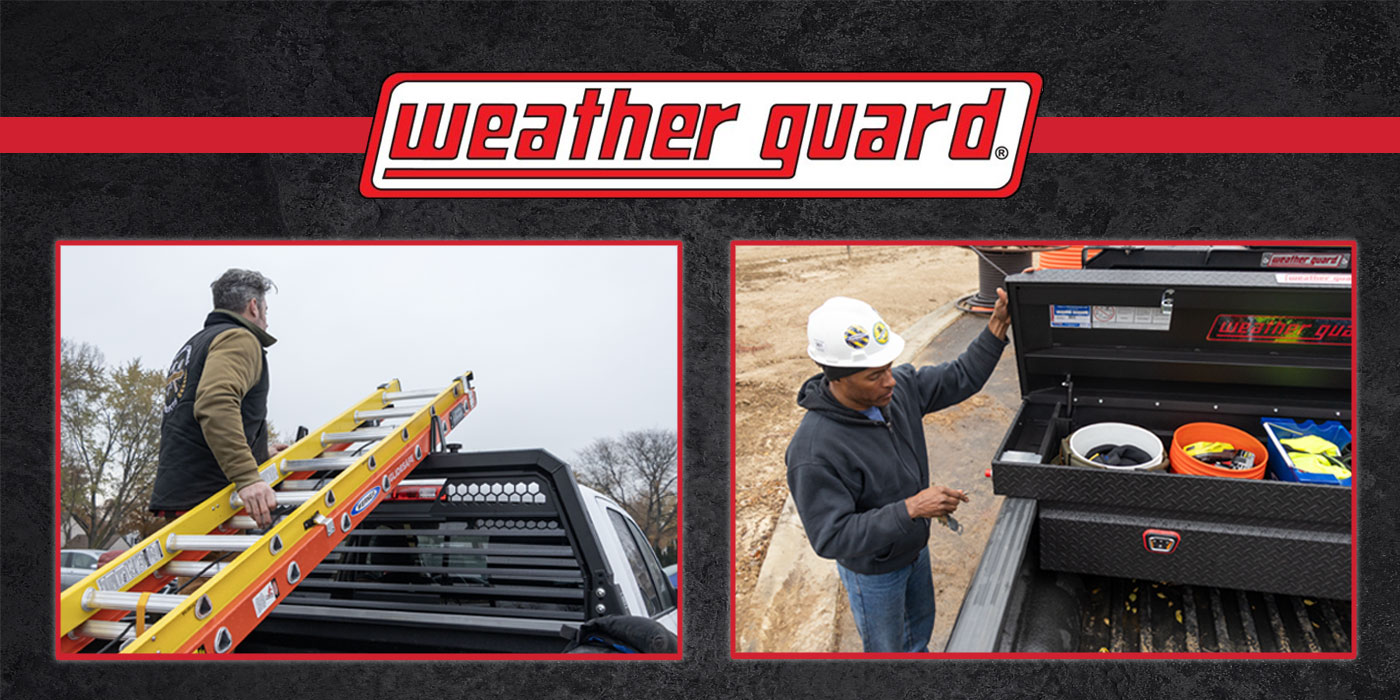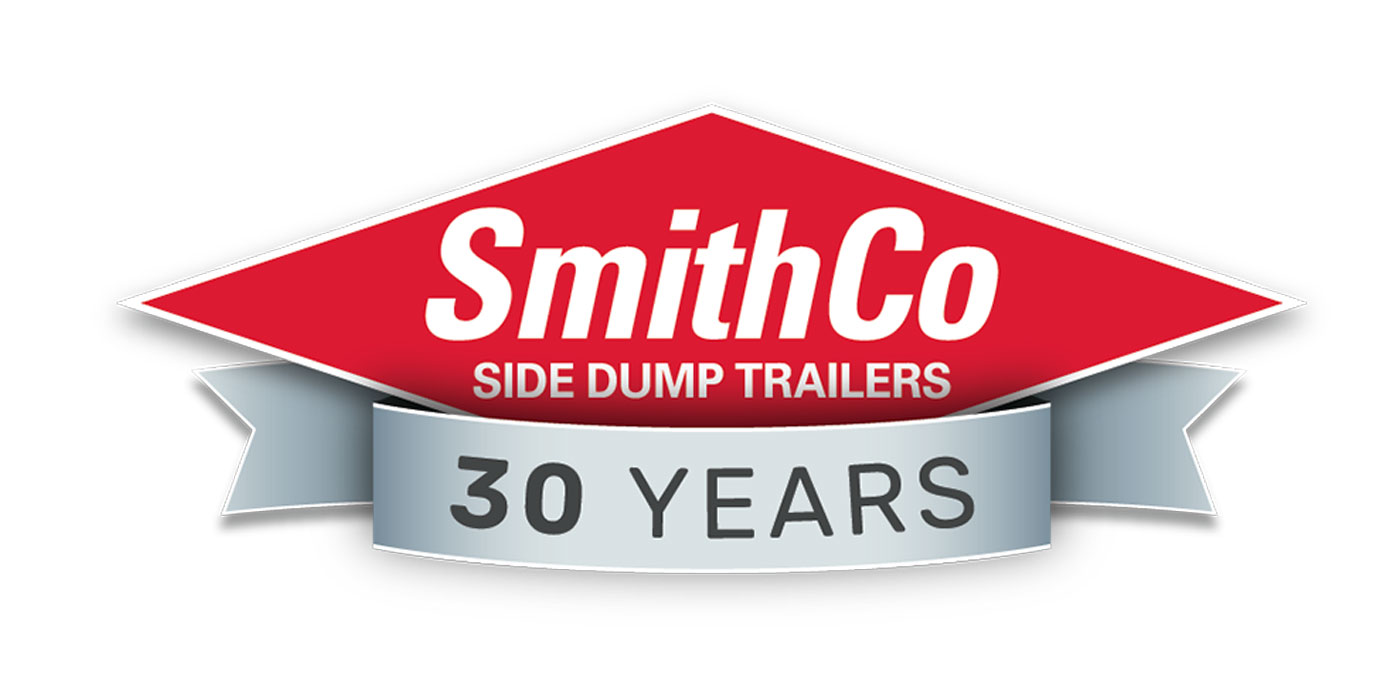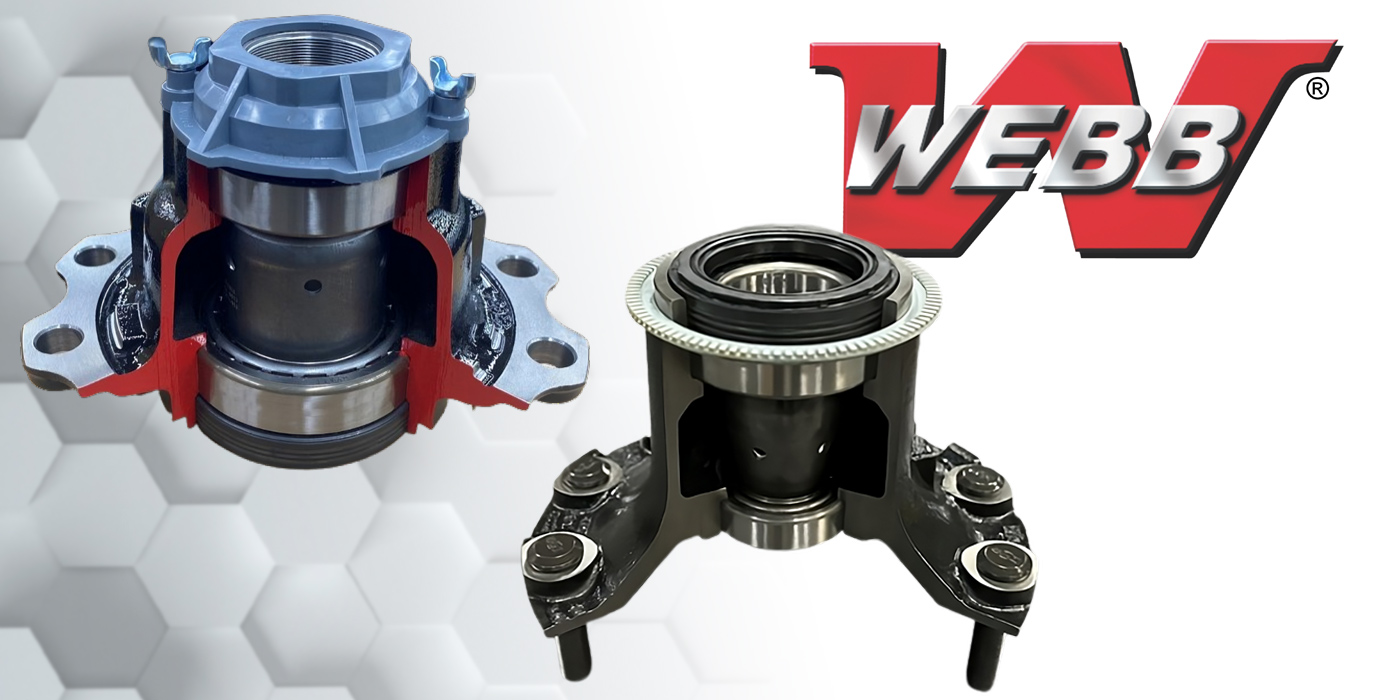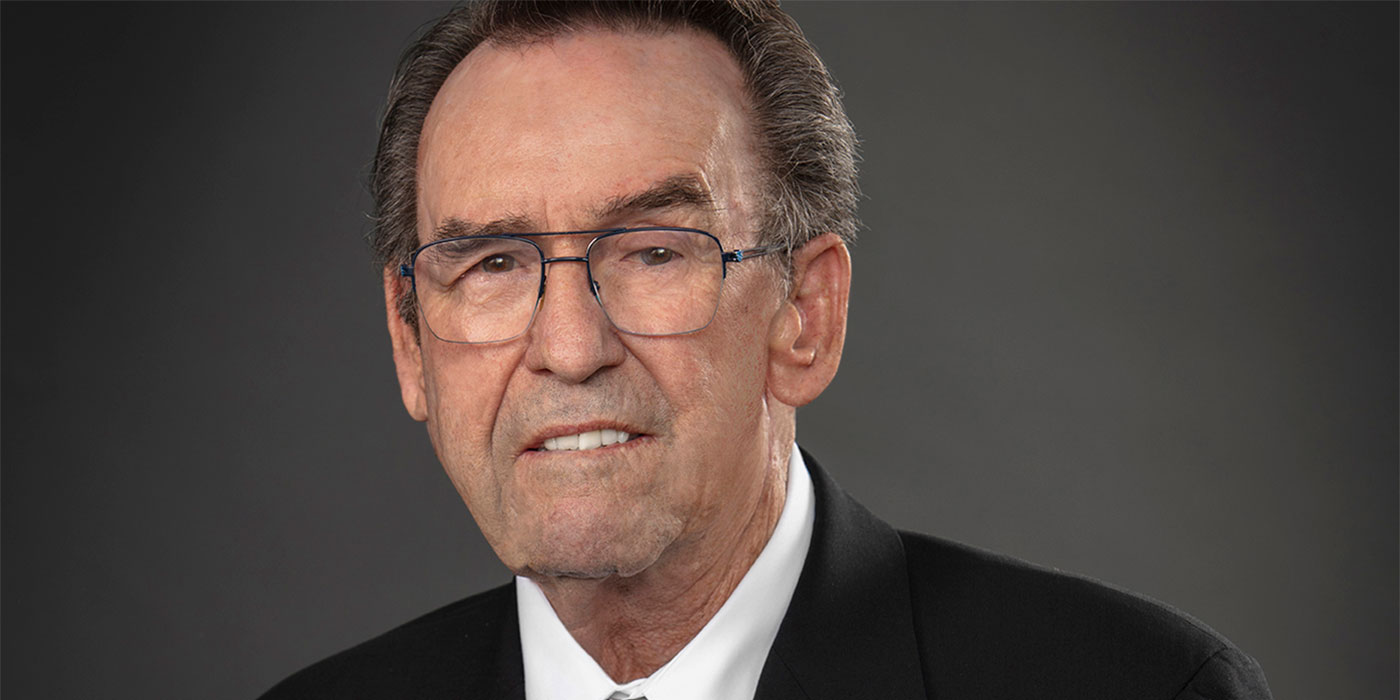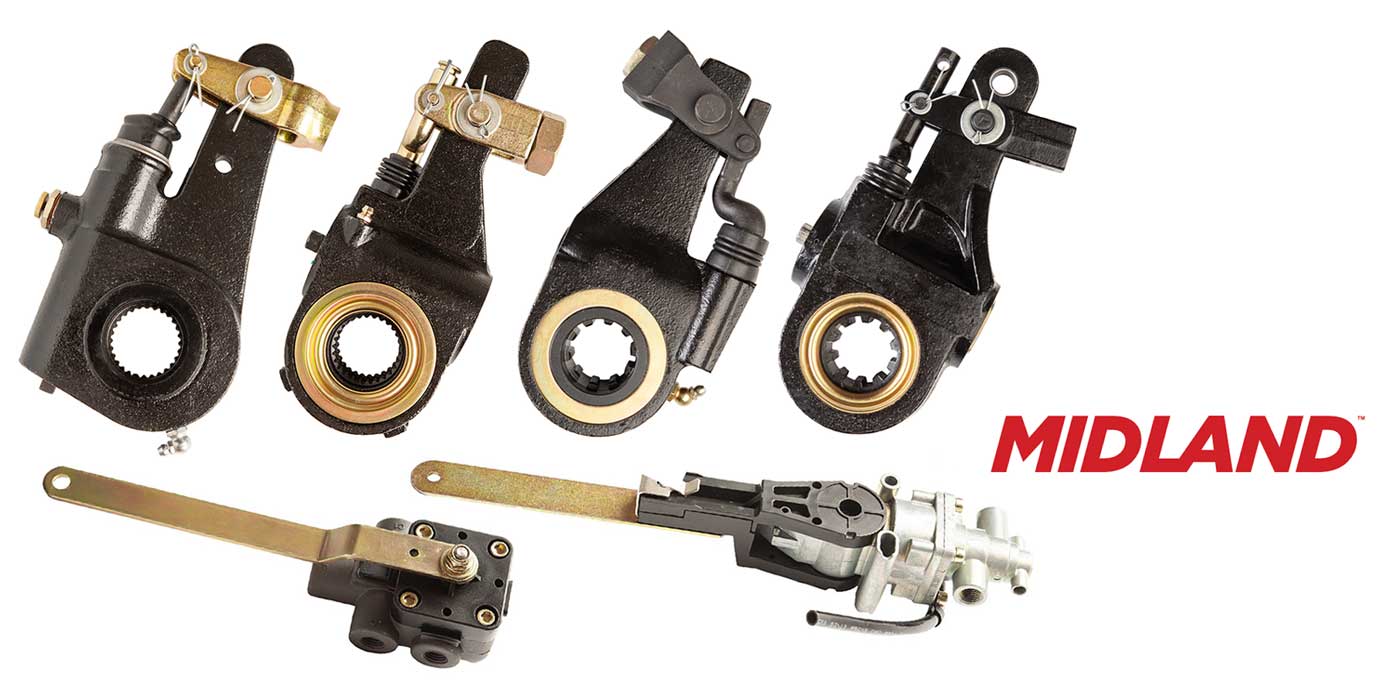When the U.S. Environmental Protection Agency (EPA) and National Highway Traffic Safety Administration (NHTSA) announced regulations in 2010 designed to reduce greenhouse gas (GHG) emissions and mandate fuel economy improvements for heavy-duty engines and vehicles, it set in motion a change to engine oil specifications. In turn, the Engine Manufacturers Association (EMA) requested that the American Petroleum Institute (API) develop a new engine oil performance category to address the requirements of new engines.
“Diesel engine design is undergoing a period of significant change to meet the new requirements,” said Shawn Whitacre, senior staff engineer of technology at Chevron, who is responsible for product formulation of the company’s Delo brand of heavy-duty engine oils. “In particular, the new regulations for 2017 impose fuel efficiency targets, so the various committees that developed the new Proposed Category 11 [PC-11] oil specs spent significant time agreeing on how to meet the needs of engine manufacturers while also providing backward compatibility for older engines.”
The nearly five-year engine oil category development process was long and complex, according to Dan Arcy, global OEM technical manager at Shell Lubricants. “The process defined by API for the development of the new category,” he explained, “began with the formation of a New Category Evaluation Team [NCET] consisting of engine manufacturers, oil marketers and additive companies to review the request and evaluate the need for a new specification.
“The next phase was the formation of a New Category Development Team [NCDT] to oversee the specification and test method development, and to agree to any additional guidelines,” continued Arcy, who served as chairman of the NCDT. “The NCDT was structured with four functional work groups with specific responsibilities consisting of API, ASTM [the international standards organization], American Chemistry Council (ACC) and EMA representatives. In addition, ad hoc work groups from Society of Automotive Engineers(SAE) and engine test laboratories were asked to participate.”
Working closely together
 “All of the industry stakeholders worked closely and through a consensus process developed the new engine oil category,” said Rodney Walker, vice president of technology for oil re-refining at Safety Kleen. “API, oil company marketers, engine and truck manufacturers and additive companies worked to understand the new category and its intended benefits to end-users. There are many considerations when developing a new oil. Fleet managers need to be assured they are buying an oil that has been field-proven and meets the needs of all of their equipment, new and old.”
“All of the industry stakeholders worked closely and through a consensus process developed the new engine oil category,” said Rodney Walker, vice president of technology for oil re-refining at Safety Kleen. “API, oil company marketers, engine and truck manufacturers and additive companies worked to understand the new category and its intended benefits to end-users. There are many considerations when developing a new oil. Fleet managers need to be assured they are buying an oil that has been field-proven and meets the needs of all of their equipment, new and old.”
Mark Betner, manager of heavy-duty products at Citgo, noted that diesel engine developments, including hardware and operational changes, were especially challenging.
“New heavy-duty diesel engines are required to maintain durability while also contributing to improving fuel efficiency,” he related. “One of the most significant changes to engines includes continuous operation at higher internal temperatures caused by higher horsepower and torque, creating more stress on the engine and engine oil.”
The development effort led to the creation of two new API categories, CK-4 (formerly PC-11A) and FA-4 (formerly PC-11B). The first licenses for the new oils are set to be issued on Dec. 1, 2016. The new oils will eventually replace CJ-4 products that have been in use for about ten years.
The two subcategories of new oils each address specific engines. API CK-4 oils will be backward compatible with previous generation oils and will meet the needs of new and older engines in both on- and off-highway applications. The CK-4 multi-grade oils will include 15W-40, 10W-40, 15W-30, 10W-30, 5W-40 and 5W-30 viscosity grades. API CK-4 oils will have a minimum high temperature-high shear (HTHS) viscosity (the viscosity as the oil flows at high temperature and under load in various engine components) of 3.5 or greater.
API FA-4 oils are designed for some heavy-duty on-highway diesel engines scheduled for introduction in late 2016 or early 2017. These oils will have a considerably lower viscosity, meaning less friction in the engine and a reduction in fuel consumption, while still offering increased levels of wear protection.
API FA-4 will only apply to XW-30 viscosity grades such as 10W-30 and 5W-30 and these oils will have a HTHS of less than 3.5.
“It is crucial that fleet managers understand which oils will be most suitable for their vehicles,” said Barnaby Ngai, category portfolio manager at Petro-Canada Lubricants, Suncor. “Historically, identifying the SAE viscosity grade alone was all you needed to specify viscosity. API CK-4 and FA-4 oils change that by adding another viscometric property difference called HTHS (High Temperature-High Shear) to the SAE XW-30 grades.
“PC-11 will not affect every fleet in the same way, and some operations may only see a small impact,” Ngai continued. “For example, a fleet that operates older equipment and different engine types may simply need to transition from current API CJ-4 oils to CK-4 oils. For fleets with a mix of older and newer equipment, both API CK-4 and FA-4 products may be the best solution.”
Considerable research
Ngai also pointed out that the new API CK-4 and FA-4 engine oil products are the culmination of considerable research into lowering viscosity while maintaining the ability to withstand a high-shear engine environment.
“That means that although they are thinner, they are also stronger,” he said, “offering the opportunity for less extended drains, and can provide engine protection for longer periods.”
Both API CK-4 and API FA-4 oils will provide significant improvements in wear protection, deposit control, and shear stability and oil aeration control, noted Citgo’s Betner. “A modest price differential for the new oils is expected. However, the price increase may be offset by fuel savings and by longer drain intervals compared to CJ-4 oils.”
“Performance tests for the new category of oils reflect the industry’s focus on meeting the new challenges engine manufacturers and users face,” Chevron’s Whitacre explained. “Along with seven stringent tests used for current oils, the new oils also must pass two additional, very demanding tests.

